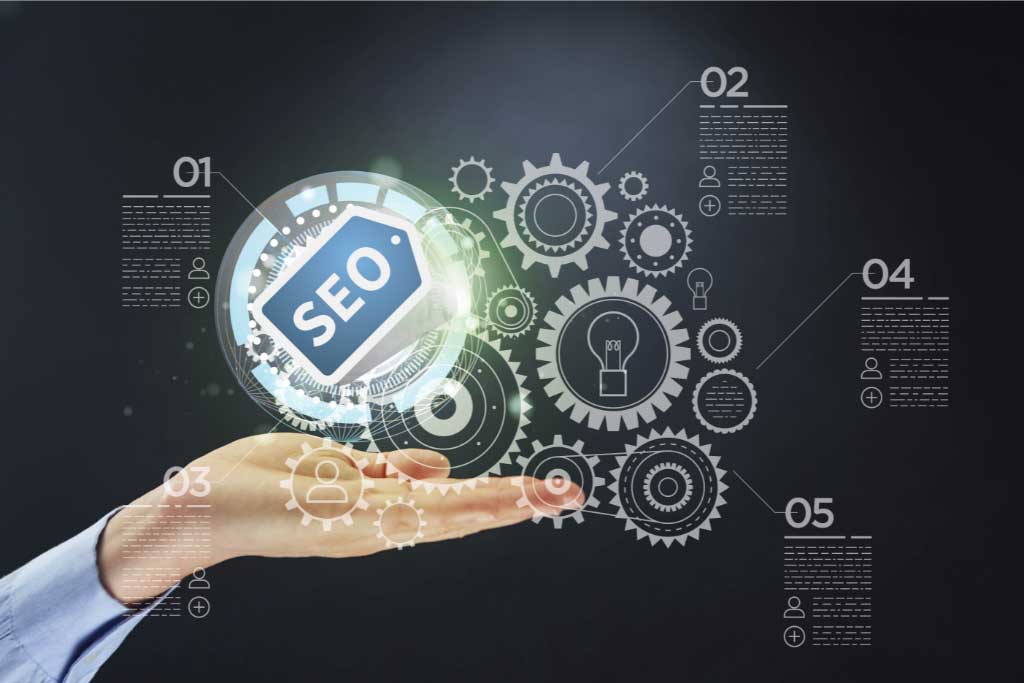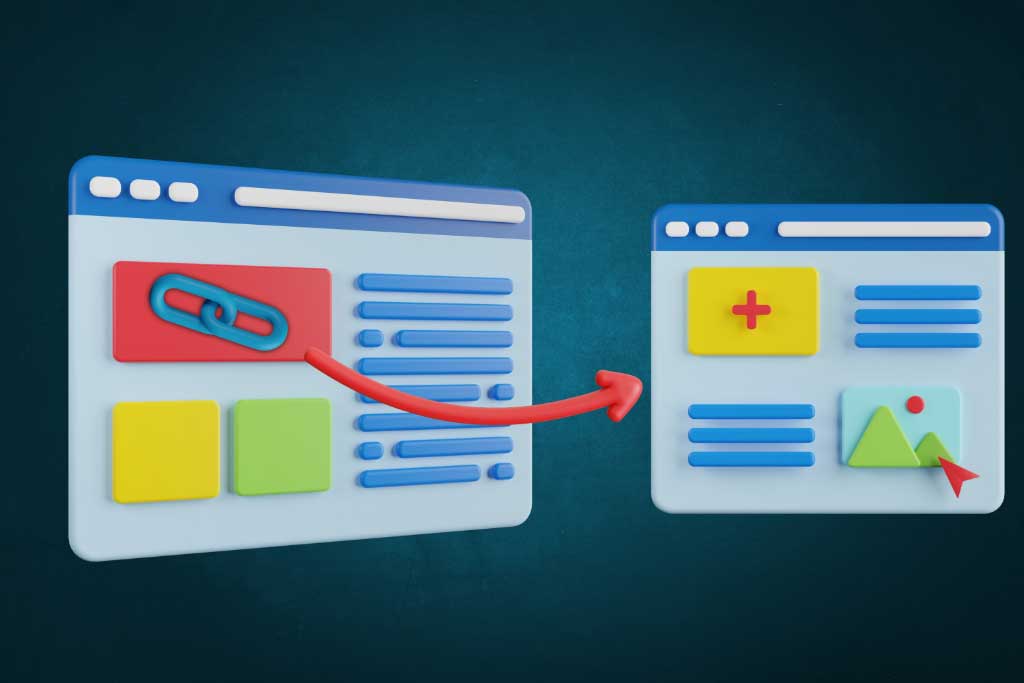In today’s fast-paced world, how businesses reach customers has changed dramatically. Old marketing methods, like newspaper ads and billboards, are making way for a new powerhouse: digital marketing. But why does digital marketing matter so much? Understanding digital marketing is crucial if you’re a business owner or marketer looking to grow your brand.
This blog post will guide you through the ins and outs of digital marketing and why it’s so important in today’s business landscape. You’ll discover the benefits, strategies, and tools that make digital marketing essential to any successful business plan.
Understanding Digital Marketing
Digital marketing refers to marketing efforts using the internet or electronic devices. This includes social media campaigns, email newsletters, and search engine optimization (SEO). Unlike traditional marketing, digital marketing instantly lets you reach a global audience. The internet is full of potential customers just waiting to discover your brand. With digital marketing, you can connect with them wherever they are, whenever you choose.
Digital marketing isn’t just about reaching people; it’s about reaching the right people. With tools like analytics and customer data, you can target specific demographics and interests, ensuring your marketing efforts are as effective as possible. It’s like conversing with your ideal customer, knowing exactly what they want to hear.
The beauty of digital marketing is its flexibility and adaptability. Whether you’re a small business with a tight budget or a large corporation with extensive resources, digital marketing offers solutions tailored to your needs. You can adjust your strategies in real-time to maximize your results.
The Impact of Digital Marketing
Digital marketing profoundly impacts how businesses operate and connect with their customers. One of the biggest benefits is its ability to level the playing field. Small businesses can compete with larger companies by using smart digital strategies. Any business can stand out in a crowded marketplace with the right approach.
Another impact of digital marketing is its ability to build brand awareness and loyalty. By consistently engaging with your audience online, you can create a strong brand identity that resonates with your customers. This leads to increased trust and loyalty, which are key to long-term success.
Digital marketing also offers measurable results. With traditional marketing, knowing if your efforts are paying off can be difficult. But with digital marketing, you can track everything from click-through rates to conversions. This data-driven approach allows you to make informed decisions and refine your strategies for better results.
The Rise of Social Media Marketing
Social media platforms have become a central part of digital marketing strategies. With billions of active users worldwide, platforms like Facebook, Instagram, and Twitter provide an unparalleled opportunity to connect with your audience. Social media marketing is about more than just posting content; it’s about creating a community around your brand.
One key benefit of social media marketing is its ability to foster engagement. You can build a loyal community that supports your brand by interacting with your followers through comments, likes, and shares. This engagement also helps increase your reach as more people discover your brand through their networks.
Social media marketing also allows for creative expression. With various formats available, such as stories, live videos, and polls, you can experiment with different types of content to see what resonates most with your audience. This creativity helps keep your brand fresh and relevant in the fast-paced world of digital marketing.
The Power of Search Engine Optimization (SEO)
SEO is a critical component of digital marketing. It involves optimizing your website to appear higher in search engine results, making it easier for potential customers to find you online. With millions of daily searches, SEO is essential for driving organic traffic to your site.
SEO is a critical component of digital marketing. It involves optimizing your website to appear higher in search engine results, making it easier for potential customers to find you online. With millions of daily searches, SEO is essential for driving organic traffic to your site.
SEO also enhances your credibility. When your website appears on the first page of search results, it signals to users that your brand is reputable and trustworthy. This increases traffic and boosts conversions, as potential customers are more likely to choose a brand they perceive as credible.
Email Marketing as a Digital Tool
Email marketing remains one of the most effective digital marketing tools available. It allows you to reach your audience directly in their inbox, providing a personal touch that’s hard to replicate with other forms of marketing. With email marketing, you can nurture leads, promote products, and build lasting customer relationships.
One of email marketing’s strengths is its ability to deliver targeted messages. By segmenting your audience based on their behaviors and preferences, you can send personalized content that resonates with each recipient. This level of customization increases engagement and drives better results.
Email marketing is also highly measurable. With metrics like open rates, click-through rates, and conversions, you can assess the effectiveness of your campaigns and make data-driven decisions. This insight allows you to improve your strategies and achieve greater success continuously.
Content Marketing and Its Role
Content marketing is creating and distributing valuable, relevant content to attract and engage your target audience. It plays a central role in digital marketing, helping build brand awareness, establish authority, and drive traffic to your site. Through blog posts, videos, infographics, and more, content marketing provides a meaningful way to connect with your audience.
The key to successful content marketing is understanding your audience’s needs and interests. By providing content that addresses their pain points and offers solutions, you can position your brand as an industry leader. This not only attracts new customers but also strengthens relationships with existing ones.
Content marketing also supports other digital marketing efforts. For example, high-quality content can enhance your SEO efforts by attracting backlinks and improving your site’s authority. It can also be repurposed for social media campaigns and email newsletters, maximizing its impact across channels.
Digital Advertising Strategies
Digital advertising is a powerful tool for reaching a large audience quickly. With options like pay-per-click (PPC) campaigns, display ads, and social media ads, you can precisely promote your brand to potential customers. Digital advertising allows you to control your budget and target specific demographics, ensuring your ads reach the right people.
One of the benefits of digital advertising is its ability to deliver immediate results. Unlike organic strategies, which can take time to gain traction, digital ads can drive traffic and conversions as soon as they launch. This makes them an effective option for businesses looking to achieve quick wins.
Digital advertising also provides valuable data. With insights into impressions, clicks, and conversions, you can evaluate the success of your campaigns and optimize them for better performance. This data-driven approach ensures your advertising efforts are as effective as possible.
Connecting with Influencer Marketing
Influencer marketing is a growing trend in digital marketing. It leverages the reach and credibility of influencers to promote your brand. By partnering with influencers in your industry, you can tap into their audience and gain exposure to potential customers. Influencer marketing is about building authentic connections and enhancing your brand’s reputation.
The advantage of influencer marketing is its ability to build trust. Consumers are more likely to trust recommendations from people they follow than traditional ads. By collaborating with influencers, you can reach your audience in a genuine way and increase your brand’s credibility.
Influencer marketing also offers flexibility. With various types of influencers, from micro to macro, you can choose partners that align with your brand values and budget. This versatility allows you to create tailored campaigns that resonate with your audience and drive results.
The Importance of Analytics in Digital Marketing
Analytics is a critical component of digital marketing, providing insights into your audience’s behaviors and preferences. Analyzing your marketing efforts’ data allows you to make informed decisions and optimize your strategies for better results. Analytics allows you to measure success, identify areas for improvement, and drive continuous growth.
One key benefit of analytics is its ability to track ROI. With insights into your marketing performance, you can assess which strategies deliver the best return on investment. This data-driven approach ensures your resources are allocated effectively and supports long-term success.
Analytics also enhances personalization. By understanding your audience’s preferences, you can deliver targeted content and experiences that resonate with them. This level of personalization increases engagement and builds stronger customer relationships.
Building a Digital Marketing Strategy
Developing a digital marketing strategy is essential for achieving your business goals. A well-crafted strategy outlines your objectives, target audience, and tactics for reaching them. It provides a roadmap for your marketing efforts and ensures your resources are used effectively.
The first step in building a digital marketing strategy is setting clear objectives. Whether it’s increasing brand awareness, driving traffic, or generating leads, your objectives should align with your overall business goals. This clarity allows you to focus your efforts on what matters most.
Next, identify your target audience. Understanding who your ideal customers are and what they need is crucial for creating effective marketing campaigns. Tailoring your messaging and strategies to your audience can increase engagement and achieve better results.
Integrating Digital Marketing with Traditional Methods
While digital marketing is essential, traditional marketing methods still have value. Integrating digital and traditional strategies allows you to create a comprehensive marketing plan that reaches your audience across multiple channels. This integrated approach maximizes your brand’s exposure and impact.
One way to integrate digital and traditional marketing is through cross-channel campaigns. For example, you can use digital ads to drive traffic to a physical store or use print materials to promote an online campaign. This synergy enhances your marketing efforts and creates a cohesive brand experience.
Another benefit of integration is increased reach. By leveraging both digital and traditional channels, you can connect with a broader audience and capture different segments of the market. This holistic approach ensures your marketing efforts are as comprehensive and effective as possible.
The Future of Digital Marketing
The digital marketing landscape is constantly evolving, driven by technological advancements and changing consumer behaviors. To stay competitive, businesses must adapt to these changes and continuously innovate their marketing strategies. The future of digital marketing promises new opportunities and challenges, and staying informed is key to success.
Emerging trends like artificial intelligence, voice search, and virtual reality are shaping the future of digital marketing. These technologies offer new ways to connect with your audience and deliver personalized experiences. By staying ahead of these trends, you can position your brand as a leader in the digital space.
The future of digital marketing also emphasizes the importance of authenticity. Consumers increasingly seek genuine connections with brands; transparency is key to building trust. By creating meaningful interactions, you can foster loyalty and drive long-term success.
Why Digital Marketing is a Must-Have for Businesses
Digital marketing is no longer an option; it’s necessary for businesses looking to thrive in today’s competitive landscape. With its ability to reach a global audience, drive engagement, and deliver measurable results, digital marketing is a powerful tool for achieving your business goals. By understanding its importance and implementing effective strategies, you can unlock the full potential of digital marketing and set your brand up for success.
Digital marketing matters because it levels the playing field, allowing businesses of all sizes to compete. It builds brand awareness and loyalty, fosters engagement, and provides valuable insights into your audience. By investing in digital marketing, you’re investing in your business’s future.
To learn more about digital marketing and how it can transform your business, explore our additional resources and stay informed about the latest trends and strategies in the digital marketing world.




